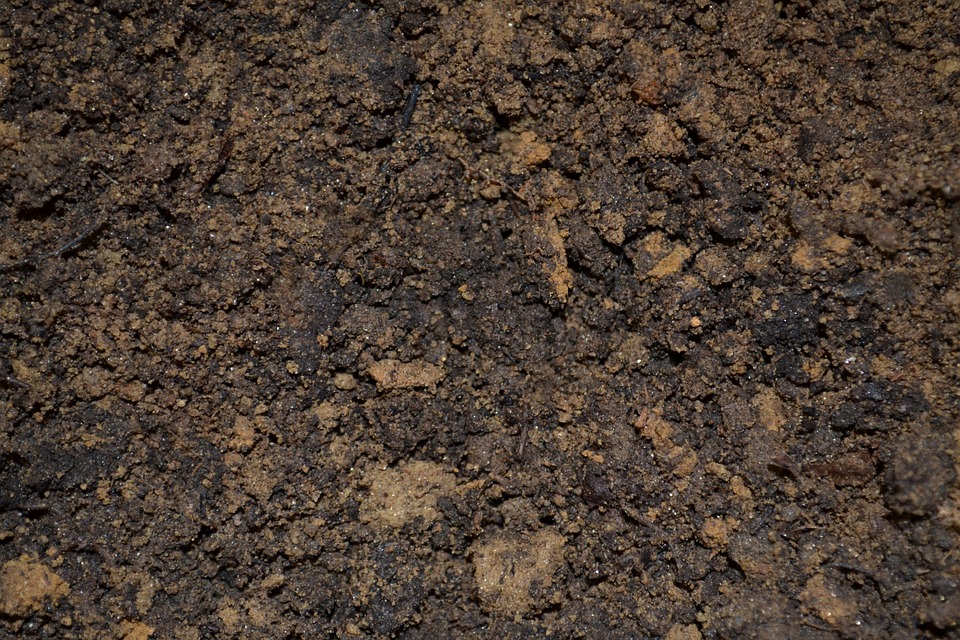Introduction
Soil is one of the most critical resources on Earth, supporting the growth of plants, providing essential nutrients, and acting as a home for countless microorganisms.
Importance of Soil Care
Sustainable soil care is essential for various reasons.
Reducing Chemical Inputs
One crucial step in sustainable soil care is reducing the use of synthetic chemicals.
Practicing Soil Conservation
Soil erosion is a significant concern, stripping away valuable topsoil and degrading soil quality.
Promoting Crop Diversity
Monoculture, or the practice of growing a single crop repeatedly on the same land, can deplete nutrients, increase pest susceptibility, and lead to soil degradation.
Implementing Conservation Tillage
Traditional forms of intensive tillage disrupt soil structure, disturb beneficial organisms, and contribute to erosion.
FAQs
Q: How often should I test my soil?
A: It is recommended to test your soil at least once every three years or when there are significant changes in land use or crop rotation patterns.
Q: What is the impact of soil erosion on the environment?
A: Soil erosion contributes to the loss of fertile topsoil, decreases agricultural productivity, and leads to sediment buildup in water bodies.
Q: Can I use chemical fertilizers and still practice sustainable soil care?
A: While it is best to minimize the use of chemical fertilizers, if they are necessary, it is important to apply them judiciously and follow recommended application rates.
Q: How does soil conservation contribute to water conservation?
A: Soil conservation practices, such as contour plowing and terracing, reduce erosion and prevent sediment buildup in water bodies.




